When it comes to prepping, many people focus on stockpiling food, water, and gear. However, maintaining proper personal hygiene and sanitation is just as crucial for survival in an emergency situation. Overlooking these aspects can lead to serious health risks and discomfort.
1. Neglecting Dental Hygiene

It’s easy to forget about dental care in a survival situation. However, neglecting your teeth can lead to painful cavities, gum disease, and even life-threatening infections. Make sure to stock up on toothbrushes, toothpaste, floss, and mouthwash, and remember to include dental hygiene in your daily routine.
2. Forgetting to Store Feminine Hygiene Products
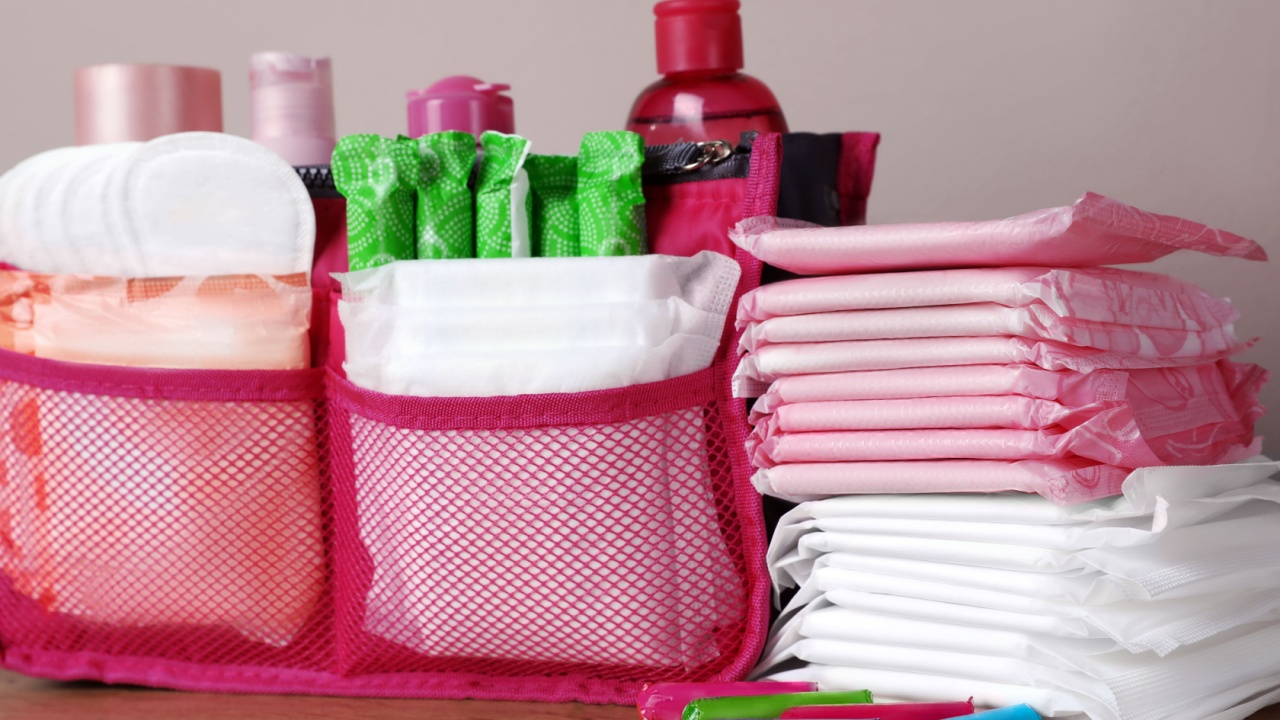
For female preppers, storing an adequate supply of feminine hygiene products is essential. Your prepping supplies should include menstrual cups, reusable pads, and tampons. Don’t forget to consider the needs of all the women in your group, including teenagers and those approaching menopause.
3. Underestimating the Importance of Hand Hygiene

Proper hand hygiene is crucial for preventing the spread of disease in an emergency situation. Stock up on hand sanitizer, soap, and water purification tablets to ensure you can maintain clean hands even when running water is not available. Make sure to teach your family members proper handwashing techniques and stress the importance of frequent hand cleaning.
4. Overlooking the Need for Toilet Paper Alternatives
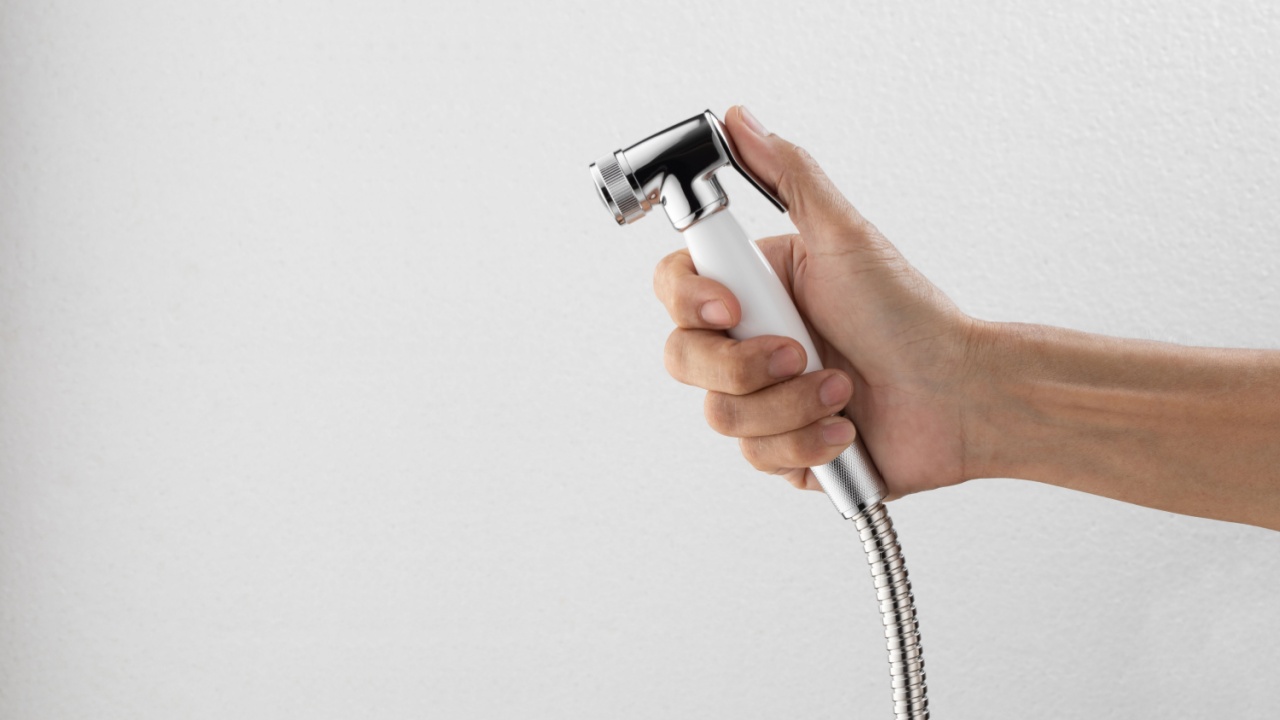
In a long-term emergency, toilet paper may become a scarce resource. Consider stocking up on alternatives like reusable cloth wipes, bidets, or even phone book pages. Make sure to include a plan for laundering reusable wipes and disposing of waste properly to prevent the spread of disease.
5. Failing to Plan for Waste Disposal

Proper waste disposal is essential for maintaining a healthy living environment in an emergency situation. Include supplies like heavy-duty garbage bags, a portable toilet or bucket, and lime or ash for odor control in your prepping supplies. Make sure to designate a safe area for waste disposal away from your living space and water sources.
6. Not Storing Enough Clean Towels and Bedding
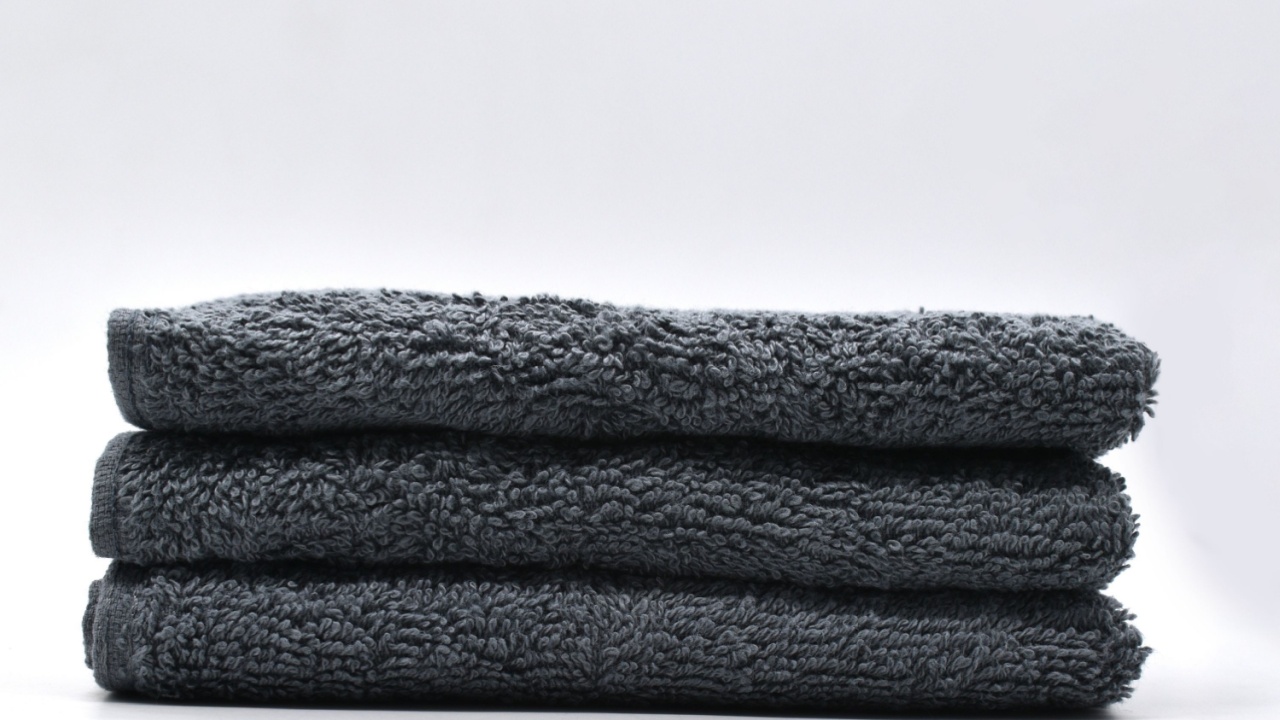
In an emergency situation, access to laundry facilities may be limited. Stock up on extra towels, sheets, and blankets to ensure you have a clean supply even if you can’t wash them regularly. Consider investing in quick-drying, lightweight options that are easy to hand wash and air dry.
7. Forgetting to Include Personal Care Items
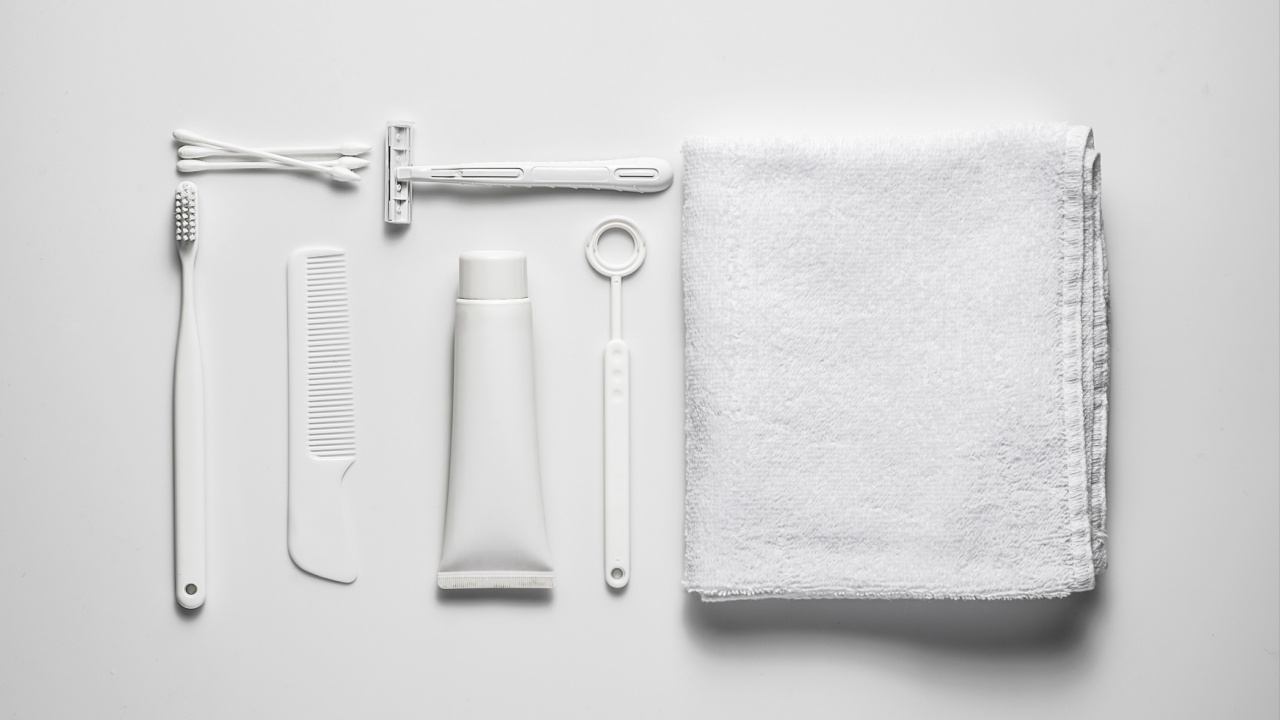
Personal care items like deodorant, razors, and lotion may seem like luxuries in a survival situation, but they can be essential for maintaining hygiene and preventing skin irritation. Make sure to include these items in your prepping supplies, and don’t forget to rotate them regularly to ensure freshness.
8. Neglecting to Plan for Baby and Elderly Care
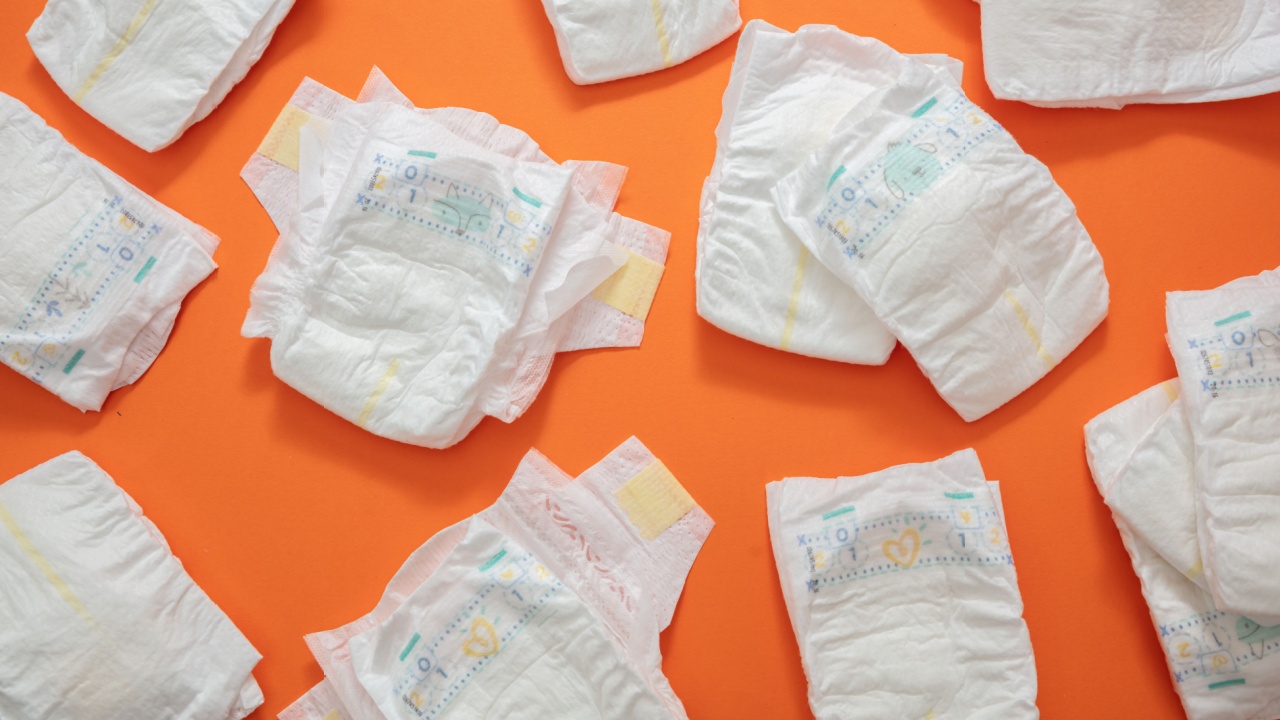
If you have babies, young children, or elderly family members in your group, their hygiene needs may be different than those of healthy adults. Make sure to include items like diapers, wipes, rash cream, and adult diapers in your prepping supplies. Don’t forget to consider the special needs of these vulnerable populations in your hygiene and sanitation plans.
9. Not Having a Plan for Laundry
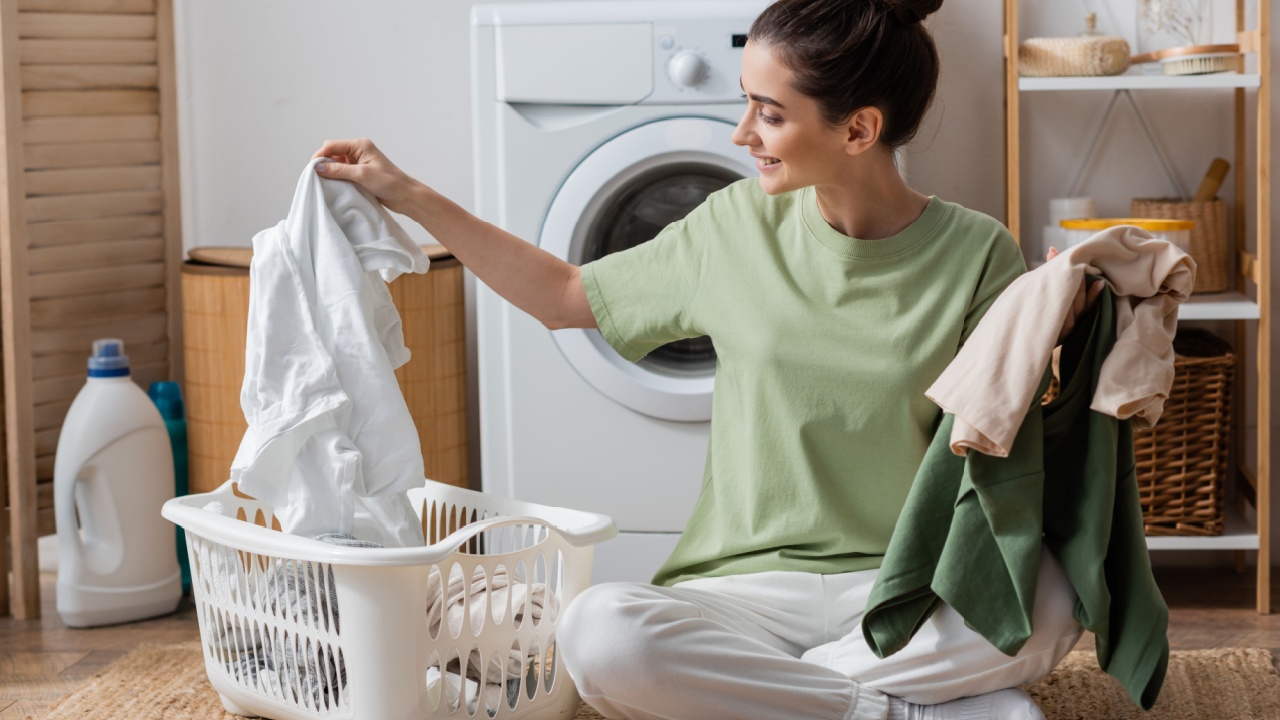
In a long-term emergency situation, access to laundry facilities may be limited or nonexistent. Include supplies like a portable washing machine, laundry detergent, and a clothesline in your prepping supplies. Make sure to have a plan for hand washing clothes and blankets, and consider investing in quick-drying, moisture-wicking fabrics.
10. Overlooking the Importance of Foot Care

In a survival situation, you may be doing a lot of walking or standing, which can take a toll on your feet. Include items like moisture-wicking socks, foot powder, and blister treatment in your prepping supplies. Make sure to have a plan for keeping your feet dry and clean to prevent fungal infections and other foot problems.
11. Forgetting to Store Enough Cleaning Supplies

Maintaining a clean living space is essential for preventing the spread of disease in an emergency situation. Stock up on cleaning supplies like bleach, vinegar, and disinfectant wipes. Don’t forget to include items like sponges, scrub brushes, and trash bags in your prepping supplies.
12. Not Having a Plan for Pest Control
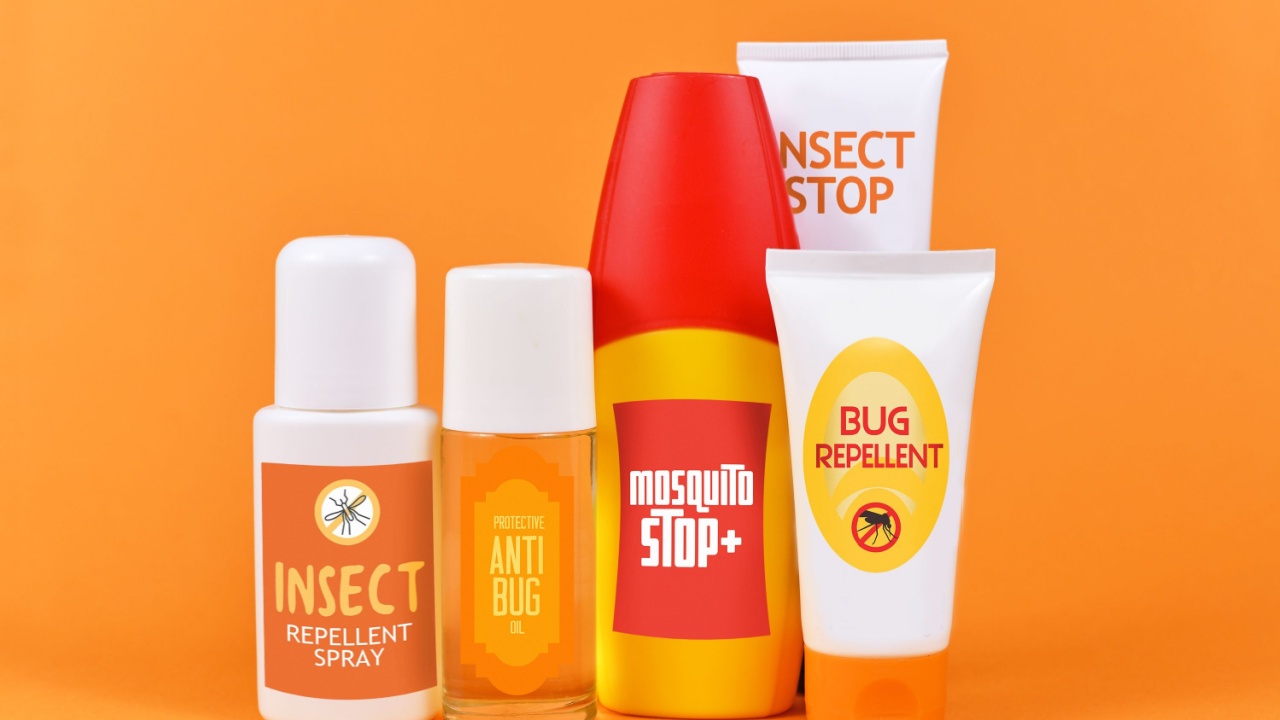
In a survival situation, pests like mice, rats, and insects can quickly become a problem. Include items like mouse traps, insect repellent, and mosquito nets in your prepping supplies. Make sure to have a plan for sealing off entry points and disposing of food waste properly to avoid attracting pests.
13. Overlooking the Importance of Clean Cookware

In an emergency situation, it’s essential to have clean cookware and utensils to prevent the spread of foodborne illness. Include items like biodegradable soap, scrub brushes, and disinfectant in your prepping supplies. Make sure to have a plan for washing and sanitizing your cookware after each use.
14. Failing to Plan for Feminine Hygiene Needs
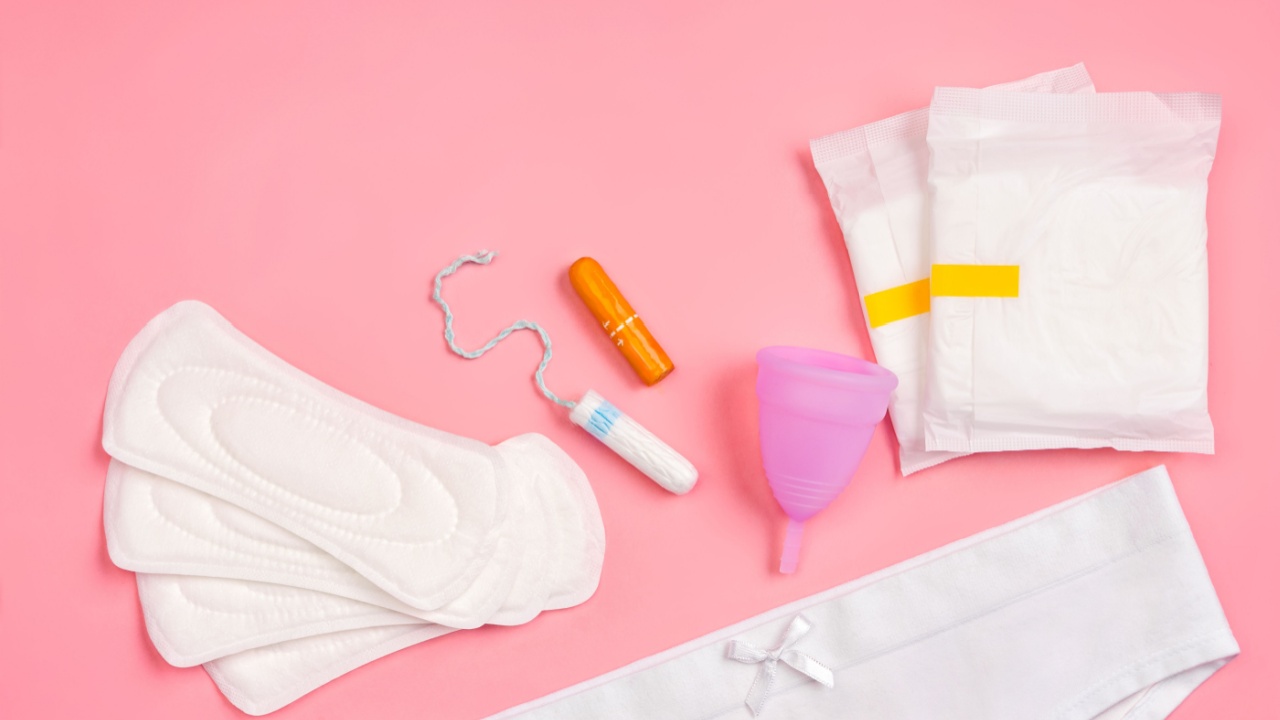
For female preppers, having a plan for dealing with menstrual hygiene is essential. Consider stocking up on items like menstrual cups, reusable pads, and period underwear in addition to disposable products. Make sure to have a plan for washing and sanitizing reusable products, and don’t forget to include pain relief medication in your prepping supplies.
15. Not Storing Enough Water for Hygiene Needs
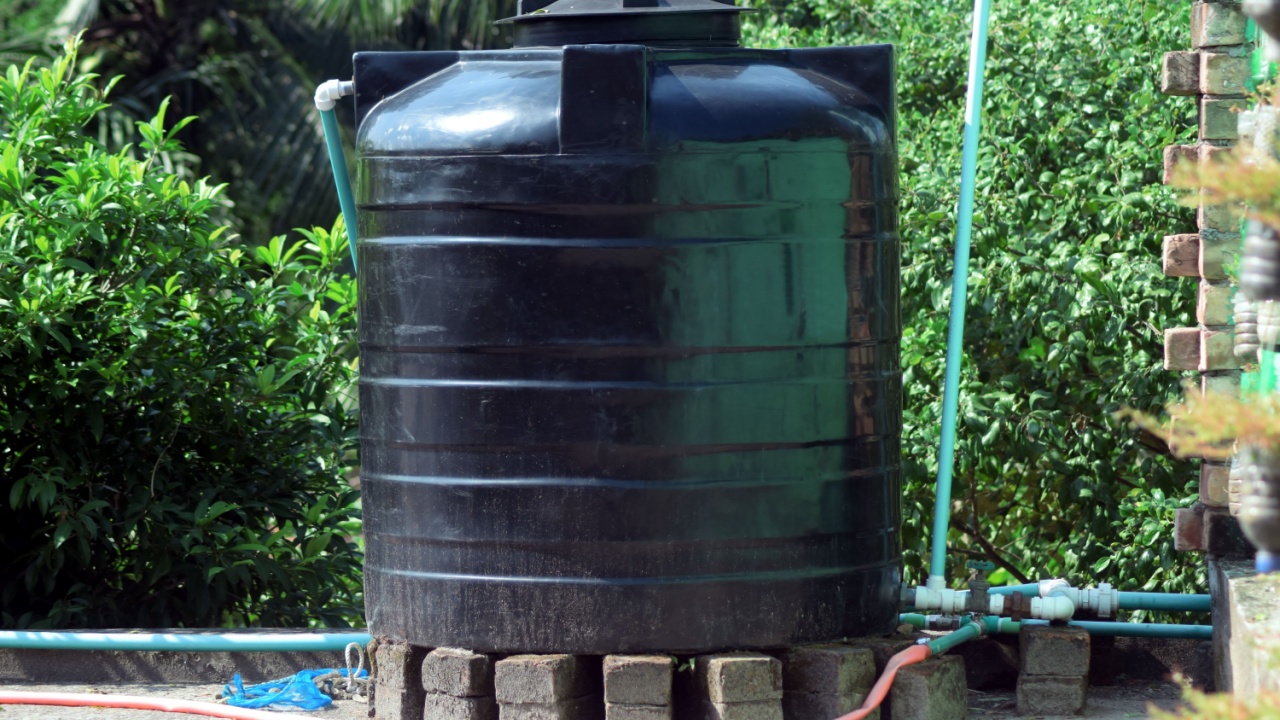
While most preppers focus on storing water for drinking and cooking, it’s important to also consider the water needed for hygiene and sanitation. Make sure to include extra water in your prepping supplies for hand washing, cleaning, and laundering. Consider investing in a water filtration system or water purification tablets to ensure you have a safe supply of water for all your needs.
17 Most Devastating Tornadoes In History
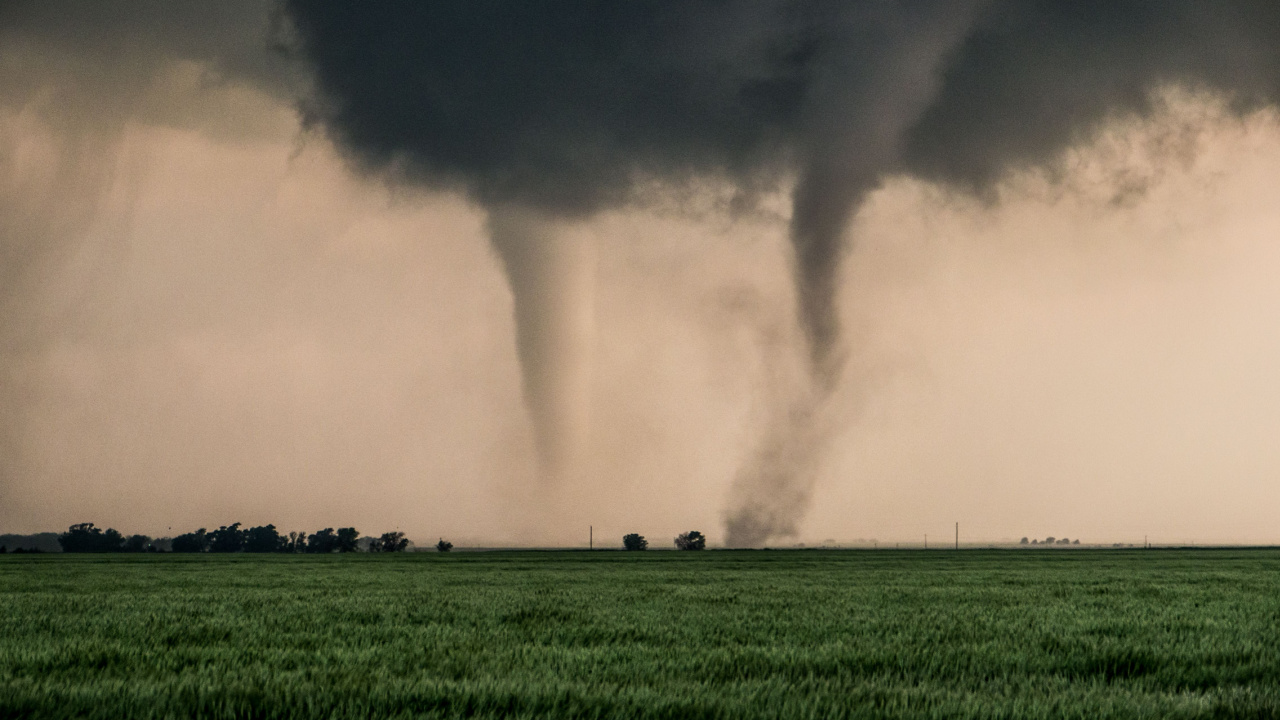
Nature’s fury is terrifying, and tornadoes are among the most deadly natural phenomena. These 17 deadly tornadoes highlight nature’s power and the resilience of humans in the aftermath of such devastation.
24 Most Devastating Blizzards in US History

For preppers, understanding the power and impact of historic blizzards is key to being prepared for future winter emergencies. Each of these historic snowstorms teaches valuable lessons about resilience, planning, and survival. The more prepared we are, the better our chances of survival in an emergency scenario.
- Read More: 24 Most Devastating Blizzards in US History
23 Riskiest Cities To Be During a Power Grid Collapse
In a world where the stability of our power grid is increasingly under threat, knowing which urban areas to avoid during a blackout is crucial for any serious prepper. And which areas to escape as quickly as possible. When you’re making your survival plans, keep in mind that these are the places you don’t want to be.


